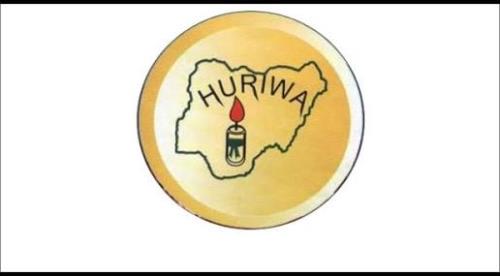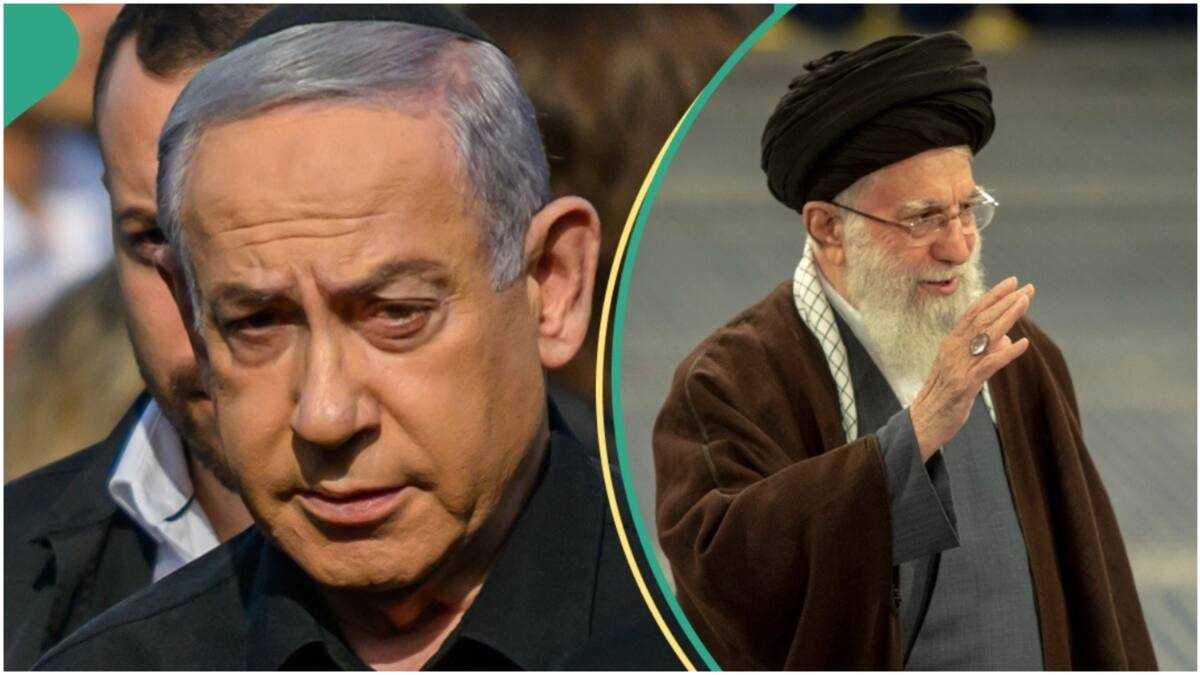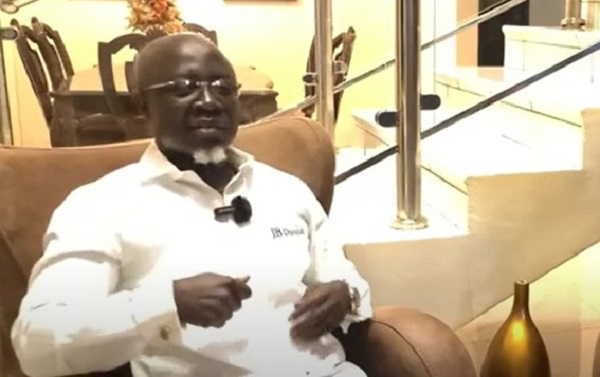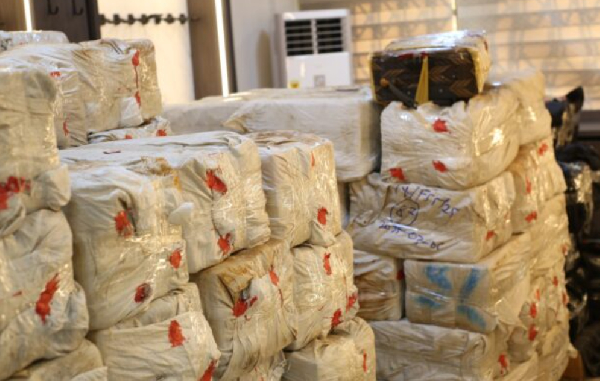Chiefs propose reduction in minimum age for presidential aspirants
File photo of voting booths
Traditional leaders in the Upper West Region have proposed reducing the minimum age requirement for individuals seeking to contest presidential elections in Ghana, as the country begins the process of reviewing the 1992 Republican Constitution.
The chiefs suggested a minimum age of 35 years and a maximum of 75 to 80 years for presidential candidates.
Kuoro Osman Deiwia Nankpa III, Paramount Chief of the Pulima Traditional Area in the Sissala West District, made the proposal in Wa during a meeting of the Constitutional Review Committee.
He cited former President Jerry John Rawlings, who became Ghana’s president at a youthful age, as well as countries such as France, which have elected presidents under 40, to support his argument.
The Constitutional Review Committee is currently in the region to gather recommendations that will inform the review of the 1992 Constitution, aimed at addressing the evolving needs of Ghana’s democratic system.
Stakeholders at the forum included representatives from youth-led organisations such as Curious Minds Ghana, security agencies, civil society organisations, the Regional House of Chiefs, and various state agencies and departments.
Kuoro Nankpa also proposed the inclusion of a provision for the election of Metropolitan, Municipal, and District Chief Executives (MMDCEs) on a non-partisan basis in the revised constitution.
“We are further proposing that the election of DCEs should not be partisan and that it should be held concurrently with presidential and parliamentary elections to reduce costs. Alternatively, if we want to decouple it from the presidential and parliamentary elections, then it should be held on the same day as elections for District Assembly Members and Unit Committee Members,” he explained.
He further recommended that the Council of State be transformed into “an upper chamber or Senate,” with some members elected and others representing chiefs and minority groups to ensure inclusivity in decision-making.
Naa Seidu Braima, Paramount Chief of the Guli Traditional Area under the Wala Traditional Council, also proposed the election of regional ministers, who would be renamed Regional Chief Executives.
He argued that if regional ministers were elected, they would be more accountable to the people and more available to the chiefs and citizens of the region, rather than being answerable only to the president.
However, Professor Henry Kwasi Prempeh, Chairman of the Constitutional Review Committee, cautioned that electing regional ministers could lead to marginalization of the regions in national resource allocation.
“Would the political class in Accra be willing to support an evolution model where they don’t have a representative at the district or regional level?” he questioned.
He added that the Committee had also received suggestions that, even if MMDCEs are elected, the 30 percent of government appointees to District Assemblies should be maintained — but these individuals should no longer be government appointees.
Charles Lwanga Puozuing, the Upper West Regional Minister, commended President John Dramani Mahama for his “wisdom and foresight” in reviving the constitutional review process.
He said the move demonstrates the president’s commitment to democratic consolidation, inclusiveness, and good governance.
Puozuing noted that while the 1992 Constitution was crafted to restore democratic rule after years of political instability, Ghanaian society has significantly evolved over the past three decades, making a review of the Constitution necessary.











